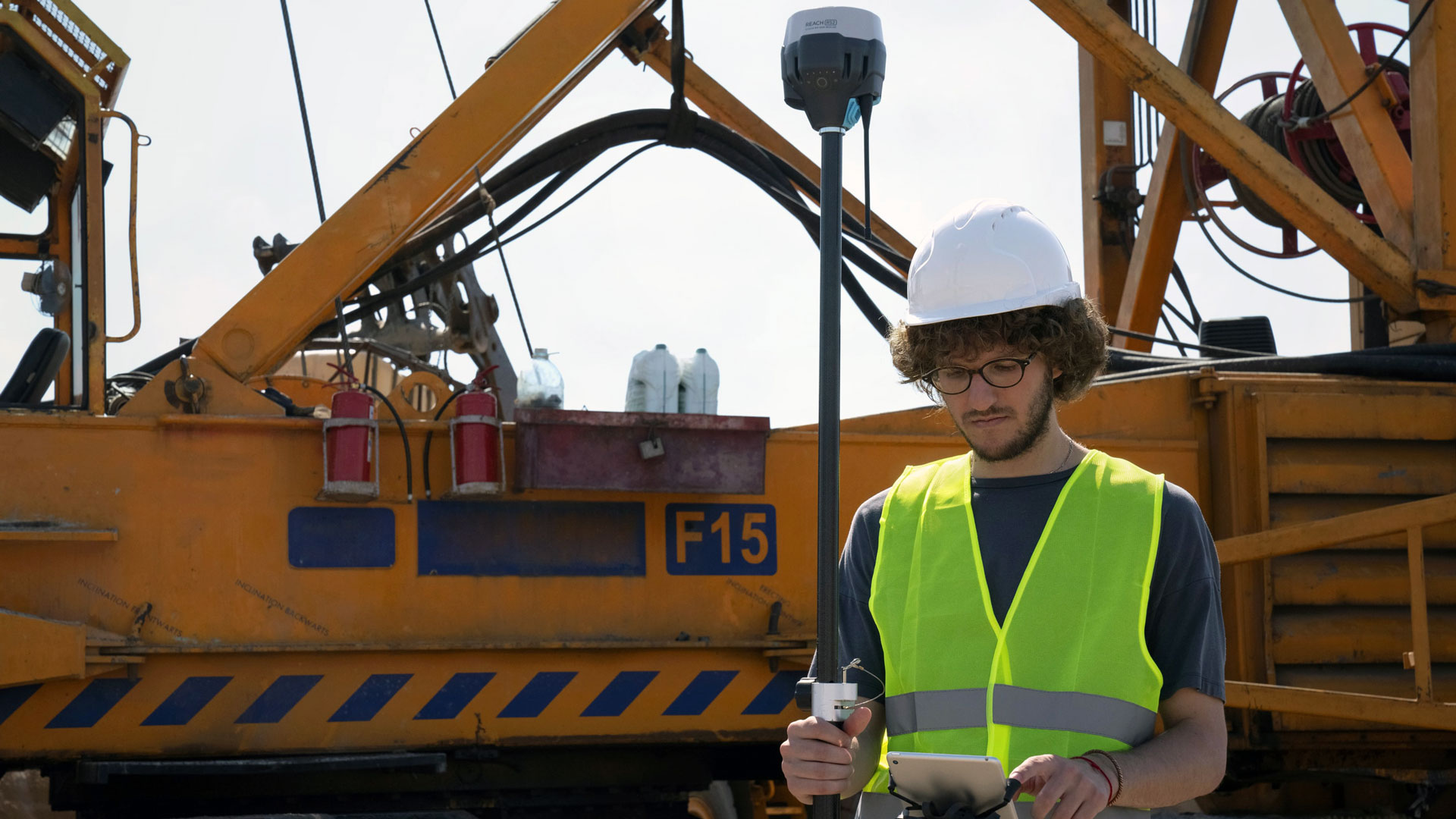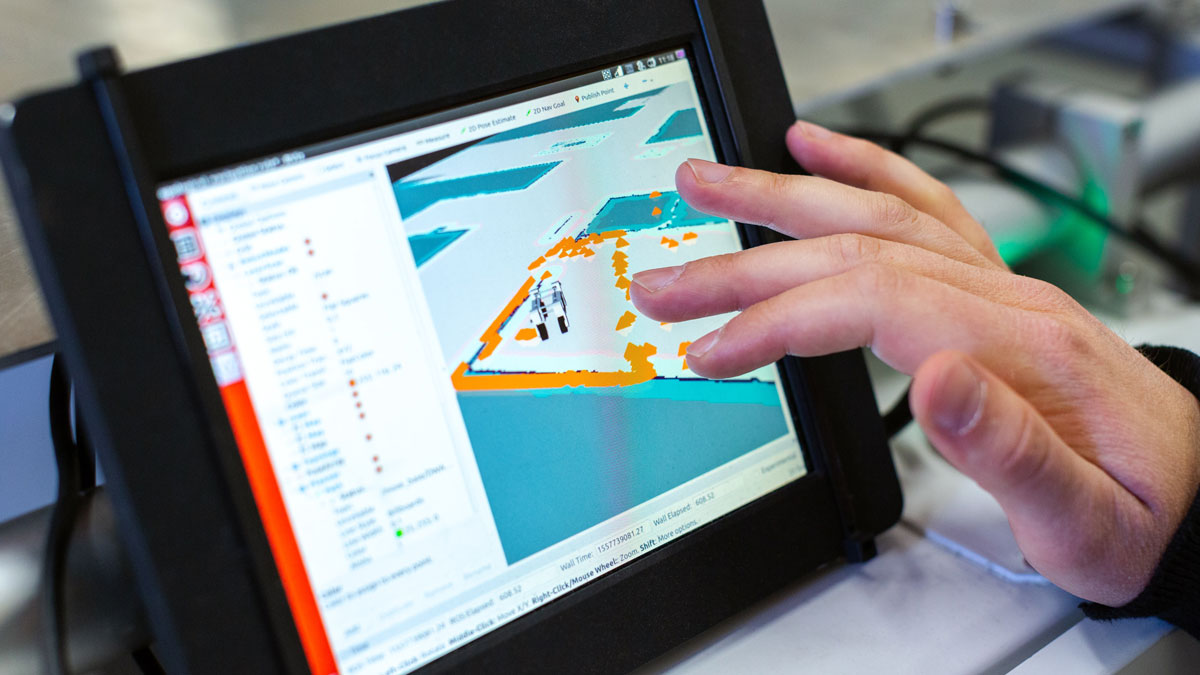
In the US alone, general contractors are part of the $1.4 trillion in construction work annually. With such high demand, general contractors are turning to technology to help them stay ahead of the competition.
Technology has infiltrated every aspect of our lives, and the construction industry is no exception. There are drones that survey job sites to software that helps manage projects. Technology is making construction faster, more accurate, and more efficient.
General contractors who adopt these technologies are seeing several benefits. For example, increased productivity, improved safety records, and even higher customer satisfaction rates. In this blog post, we will take a closer look at some of the most important tech trends impacting the construction industry today.
Keep reading to learn about the different types of construction technology available.
Construction Technology: What Is It?
Construction technology is the application of digital and communication technologies. This helps improve the efficiency, accuracy, quality, and safety of construction projects.
It includes a range of tools, from drones for surveying job sites to software for managing budgets and timelines. By leveraging these technologies, contractors can save time and money on their projects.
Furthermore, this technology can help general contractors stay on top of the latest trends. It guarantees that their projects meet safety standards.
In other words, construction technology is a powerful way to streamline the building process. It helps gain an edge over competitors.
How Has Construction Technology Changed Over the Years?
In recent years, construction technology has evolved rapidly. New tools like AI and VR have become increasingly popular.
These technologies are making it easier for contractors to access project data quickly and accurately. Thus, allowing them to make informed decisions faster. Additionally, these tools can reduce manual work in the field, allowing contractors to focus on more complex tasks.
In addition, technology has made it easier for general contractors to manage projects in real-time.
This means they can stay up-to-date with the latest developments. It helps them be prepared for any changes that may occur during the construction process. Ultimately, this results in a smoother workflow and higher-quality outcomes.
How Construction Technology Benefits General Contractors
One of the primary benefits of using construction technology is increased productivity. By automating certain tasks, contractors can increase the speed at which they complete projects.
For instance, drones are being used to survey job sites—a task that once took days or weeks can occur in a matter of hours or even minutes.
With technological advances, fewer workers have to be exposed to hazardous conditions.
Using robots and remote sensing devices, contractors can monitor job sites from a safe distance. This enables them to identify potential safety hazards quickly. It helps take corrective action before any serious damage occurs.
Finally, construction technology can lead to higher customer satisfaction ratings for general contractors. With tools like 3D printing, contractors can create custom parts faster. Thus, allowing them to deliver projects on time and within budget.
Moreover, sophisticated software helps ensure that customers have real-time visibility into project progress.
By embracing these technologies, general contractors cannot only streamline their operations. It also helps build better relationships with their clients.
Time Management Benefits
One way that construction technology can benefit general contractors is with time management. With digital project management tools, you can stay organized and on top of deadlines throughout various phases of a project.
Some tools allow you to assign tasks and responsibilities to different team members and track progress in real-time. You can even automate reports that previously took hours to compile manually.
This type of efficiency will result in projects being completed quicker than ever before and help save money. Also, with the help of construction technology, you can even get a better understanding of timelines.
Safety Enhancements
Another benefit for general contractors is improved safety for their crews.
New software programs are being developed that allow contractors to create virtual job sites. This is where teams can easily access plans and documents without having to be onsite physically.
This eliminates potential risks associated with having crews working onsite during hazardous conditions. This is important when restricted access is due to certain laws or regulations.
Additionally, RFID tags now allow contractors to monitor the safety compliance of their crews. This helps by keeping track of items like hard hats, gloves, and protective eyewear. Thus, helping ensure everyone stays safe while working.

Cost Savings
Construction technology also helps general contractors save money on projects.
This is through utilizing automated processes such as robotic equipment or drones for surveying sites. It can also inspect infrastructure during building renovations or repairs.
This increased level of automation means fewer resources are required for each job. Thus, resulting in cost savings that can be passed along to clients, which can help win future projects for your business.
Data Collection & Analysis
Construction technology also allows general contractors to collect data from various sources. For example, sensors on job sites or machinery performance reports.
This data is then analyzed by AI algorithms that can identify potential issues before they become problems. This is so that corrective action can be taken quickly and effectively.
Using analytics makes it easier to optimize their operations through better resource management. There’s also improved customer service and reduced risk of accidents on the job site.
Also, contractors can now use data to analyze market trends and customer behavior. Thus, allowing them to build customer relationships and develop more effective marketing strategies.
Drone Technology
Drones are becoming increasingly popular in the construction industry. This is due to their ability to provide a bird’s eye view of job sites quickly and accurately.
They can map out terrain as well as monitor progress on site. With advanced 3D mapping, drones create detailed plans that allow optimizing resources.
Additionally, they can help detect potential safety hazards before they become a problem.
Augmented Reality & Virtual Reality
Augmented reality and virtual reality are two great technologies. They are beginning to revolutionize the construction industry.
Many leading companies are using AR to create 3D models of job sites. This makes it easier for teams to plan out projects ahead of time without ever having to step foot on the site.
VR is being used both during the planning stages as well as during the execution stages. This provides workers with instructions and helps them understand interaction with supervisors.
Also, contractors can use this technology to create simulations of potential scenarios. They can adjust their plans accordingly and minimize risk.

Cloud-Based Collaboration Platforms
One of the benefits enables contractors to collaborate with other stakeholders from anywhere.
Cloud-based collaboration such as Trello, Slack, or Microsoft Teams allows managers to do many things. You can assign tasks, track progress, and provide feedback from any device with internet access.
This makes it easy for everyone involved in a project to stay on top of their responsibilities and stay up-to-date on any changes that need to be made. Also, these platforms provide a secure environment where all data is stored and backed up.
Project Management Software
Project management software is essential. It is used to track all the moving parts associated with a construction project.
By using software like Procore or PlanGrid, general contractors can easily manage things, for instance, timelines, budgets, resources, documents, and more. This helps ensure that all deadlines are met and that every detail is accounted for before work begins onsite.
Plus, many project management tools come with analytic functions. These enable users to evaluate data related to specific projects in order to optimize processes and save time down the line.
Real-Time Monitoring Tools
Real-time monitoring tools work onsite during construction projects. This helps monitor safety protocols or measure progress against predetermined criteria.
For example, drones perform aerial photography as well as measurements such as elevation or distance between two points.
Other devices, such as wearables, for workers onsite measure things like temperature or humidity levels. This helps ensure worker safety and prevent accidents from occurring onsite.
Construction Industry Simplified
Construction technology provides many benefits for general contractors looking to increase efficiency. It helps reduce costs while also improving safety for their crews.
There are digital project management tools that help streamline time management processes. There is automated equipment that reduces labor costs.
Incorporating construction technology into your business operations is essential. This is true if you want your company to remain competitive in today’s market.
Investing in new technologies now will not only help you save money. It will also give you the peace of mind of knowing that your crew is always safe while on the job site! Get in touch with us to discover powerful construction software.
